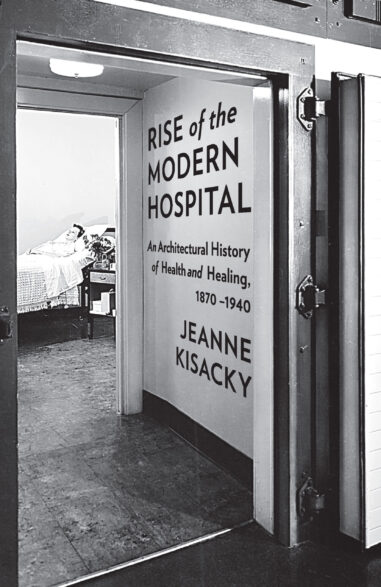Rise of the Modern Hospital is a focused examination of hospital design in the United States from the 1870s through the 1940s. This understudied period witnessed profound changes in hospitals as they shifted from last charitable resorts for the sick poor to premier locations of cutting-edge medical treatment for all classes, and from low-rise decentralized facilities to high-rise centralized structures. Jeanne Kisacky reveals the changing role of the hospital within the city, the competing claims of doctors and architects for expertise in hospital design, and the influence of new medical theories and practices on established traditions. She traces the dilemma designers faced between creating an environment that could function as a therapy in and of itself and an environment that was essentially a tool for the facilitation of increasingly technologically assisted medical procedures. Heavily illustrated with floor plans, drawings, and photographs, this book considers the hospital building as both a cultural artifact, revelatory of external medical and social change, and a cultural determinant, actively shaping what could and did take place within hospitals.



